
Psychedelic rock is a rock music genre that is inspired, influenced, or representative of psychedelic culture, which is centered on perception-altering hallucinogenic drugs. The music incorporated new electronic sound effects and recording techniques, extended instrumental solos, and improvisation. Many psychedelic groups differ in style, and the label is often applied spuriously.

Jazz fusion is a popular music genre that developed in the late 1960s when musicians combined jazz harmony and improvisation with rock music, funk, and rhythm and blues. Electric guitars, amplifiers, and keyboards that were popular in rock and roll started to be used by jazz musicians, particularly those who had grown up listening to rock and roll.
Acid rock is a loosely defined type of rock music that evolved out of the mid-1960s garage punk movement and helped launch the psychedelic subculture. While the term has sometimes been used interchangeably with "psychedelic rock", acid rock also specifically refers to a more musically intense, rawer, or heavier subgenre or sibling of psychedelic rock. Named after lysergic acid diethylamide (LSD), the style is generally defined by heavy, distorted guitars and often contains lyrics with drug references and long improvised jams.
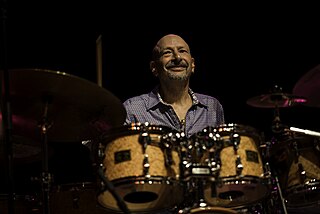
Steven Bruce Smith is an American drummer best known as a member of the rock band Journey across three stints: 1978 to 1985, 1995 to 1998 and 2015 to 2020. Modern Drummer magazine readers have voted him the No. 1 All-Around Drummer five years in a row. In 2001, the publication named Smith one of the Top 25 Drummers of All Time, and in 2002 he was voted into the Modern Drummer Hall of Fame. He was inducted into the Rock and Roll Hall of Fame as a member of Journey on April 7, 2017.
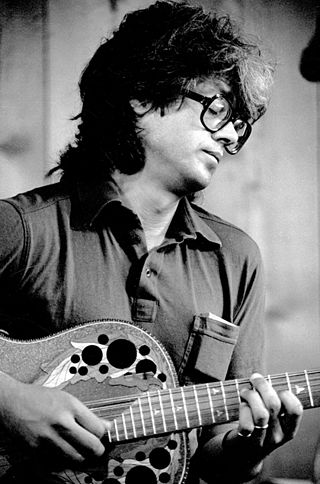
Larry Coryell was an American jazz guitarist.

Jim Gilbert Pepper II was a jazz saxophonist, composer and singer of Kaw and Muscogee Creek Native American heritage. He moved to New York City in 1964, where he came to prominence in the late 1960s as a member of The Free Spirits, an early jazz-rock fusion group that also featured Larry Coryell and Bob Moses. Pepper went on to have a lengthy career in jazz, recording almost a dozen albums as a bandleader and many more as featured soloist. Pepper and Joe Lovano played tenor sax alongside each other in a band led by drummer Paul Motian, recording three LPs in 1984, 1985 and 1987. Motian described Pepper's playing as "post-Coltrane". Don Cherry was among those who encouraged Pepper to bring more of his Native culture into his music, and the two collaborated extensively. Pepper died of lymphoma aged 50.

John Laird Abercrombie was an American jazz guitarist. His work explored jazz fusion, free jazz, and avant-garde jazz. Abercrombie studied at Berklee College of Music in Boston, Massachusetts. He was known for his understated style and his work with organ trios.
Jerry Miller is an American songwriter, guitarist and vocalist. He performs as a solo artist and as a member of the Jerry Miller Band. He is also a founding member of the 1960s San Francisco band Moby Grape, which continues to perform occasionally. Rolling Stone included Miller at number 68 on their list of the 100 greatest guitarists of all time and Moby Grape's album Moby Grape at number 124 from listed 500 greatest albums of all time. Miller's longtime guitar is a Gibson L-5 CES Florentine guitar which he calls "Beulah".
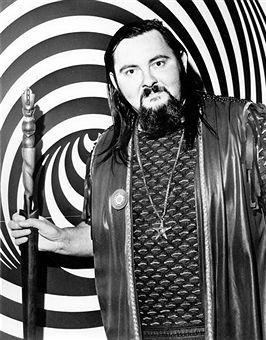
Graham John Clifton Bond was an English rock/blues musician and vocalist, considered a founding father of the English rhythm and blues boom of the 1960s.
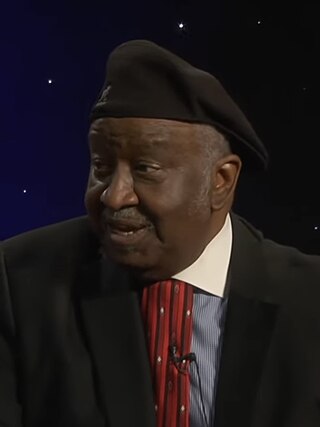
Bernard Lee "Pretty" Purdie is an American drummer, and an influential R&B, soul and funk musician. He is known for his precise musical time-keeping and his signature use of triplets against a half-time backbeat: the "Purdie Shuffle." He was inducted into the Modern Drummer Hall of Fame in 2013.

Bob Moses is an American jazz drummer.
Fuse was an American rock band formed in Rockford, Illinois, in late 1968, after Rick Nielsen proposed the merging of two local bands: The Grim Reapers and Toast and Jam. Managed by Ken Adamany, Fuse's line-up consisted of Rick Nielsen (keyboards/guitar), Joe Sundberg (vocals), Tom Petersson, Craig Myers, and Chip Greenman (drums/percussion). Members of the band later formed Cheap Trick.

Triangle is the fourth studio album by American rock band the Beau Brummels. Produced by Lenny Waronker and released in July 1967, it was the band's first album to include songs that vocalist Sal Valentino and guitarist Ron Elliott composed together. The band incorporated fantasy elements and surreal characters into the album's song titles and lyrics, and worked with a variety of session musicians to create Triangle's psychedelic musical style. The Beau Brummels were reduced to a trio—Valentino, Elliott, and Ron Meagher—at the time Triangle was recorded, as former group members Don Irving (guitars) and John Petersen (drums) left the band following the release of the group's previous album, Beau Brummels '66.

A Genuine Tong Funeral is an album by vibraphonist Gary Burton featuring compositions by Carla Bley recorded in 1967 and released on the RCA label in 1968. It features Burton with Bley herself on keyboards and conducting an expanded ensemble consisting of trumpeter Michael Mantler, trombonist Jimmy Knepper, tenor saxophonist Gato Barbieri, soprano saxophonist Steve Lacy, baritone saxophonist Howard Johnson, guitarist Larry Coryell, bassist Steve Swallow and drummer Bob Moses.

Lofty Fake Anagram is an album by vibraphonist Gary Burton recorded in 1967 and released on the RCA label. It features Burton with guitarist Larry Coryell, bassist Steve Swallow and drummer Bob Moses.

Spaces is an album by jazz guitarist Larry Coryell that was released in 1970 by Vanguard Records. Coryell is accompanied by John McLaughlin on guitar, Chick Corea on electric piano, Miroslav Vitouš on bass, and Billy Cobham on drums. The album was produced by Daniel Weiss and engineered by David Baker and Paul Berkowitz.
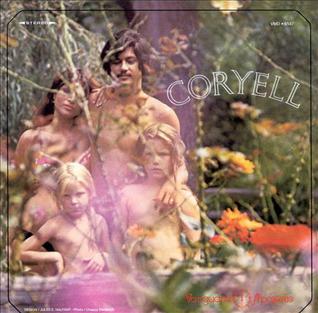
Coryell is an album by jazz guitarist Larry Coryell that was released in 1969 by Vanguard Records. The album was produced by Daniel Weiss and engineered by David Baker, Paul Berkowitz and Randy Rand.
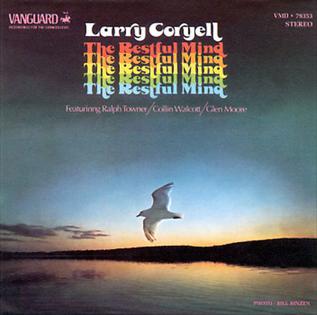
The Restful Mind is an album by jazz guitarist Larry Coryell. It was recorded at Vanguard Records' New York City studio, and was released by Vanguard in 1975. It features Coryell on acoustic and electric guitars, along with three of the four members of the band Oregon, who were also recording for Vanguard at the time: Ralph Towner appears on guitar, Glen Moore on bass, and Collin Walcott on percussion. The album includes improvisations on two compositions by the French Baroque composer Robert de Visée, an adaptation of Maurice Ravel's "Pavane pour une infante défunte", and four Coryell originals.

The Bonniwell Music Machine is the second and final album by the American garage rock band The Music Machine, recorded under the renamed moniker The Bonniwell Music Machine, and released on Warner Bros. Records on February 10, 1968. As with their debut LP, the album again saw the band blending garage and psychedelic rock influences, albeit with a greater emphasis on psychedelia than on their previous album release. Prior to completing its recording, all of the group's original members, except for its creative force, Sean Bonniwell, departed, though they would still appear on some of the album's tracks.

Out of Sight and Sound is the debut album by jazz-rock group The Free Spirits. The band's sole release during its brief existence, it was recorded in 1966, and was issued on LP in 1967 by ABC Records. The album, recorded by Rudy Van Gelder and produced by Bob Thiele, features guitarists Larry Coryell and Columbus "Chip" Baker, saxophonist Jim Pepper, bassist Chris Hills, and drummer Bob Moses. In 2006, it was reissued on CD by Sunbeam Records.

















